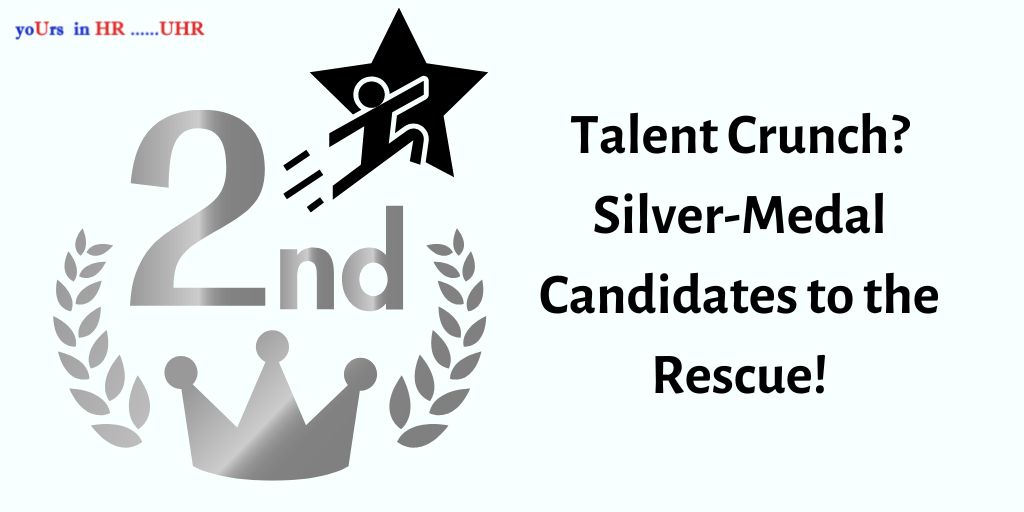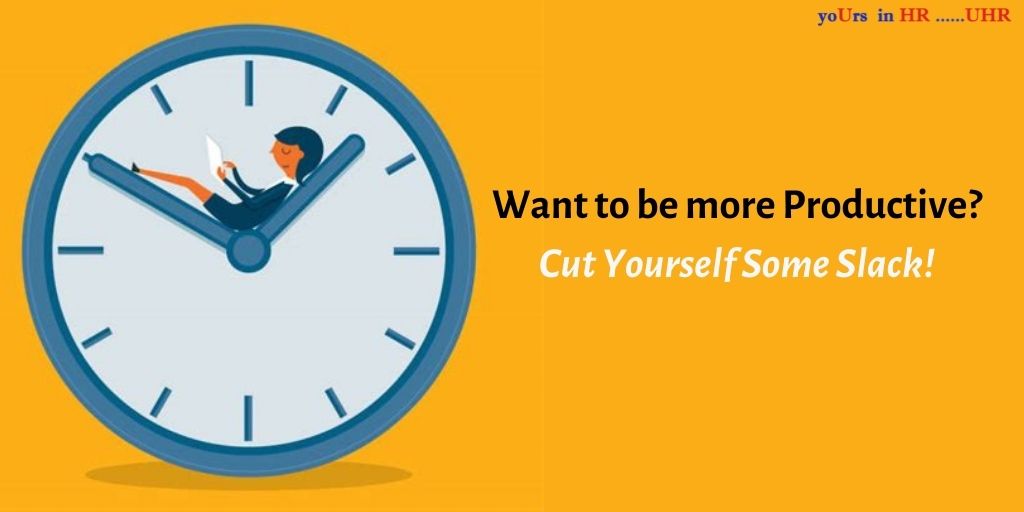
Is hiring a candidate with less or no experience a good idea? Amidst the pandemic induced talent -crunch one could argue that hiring a candidate who can knows how to handle the pressure, the workload, in other words, a candidate who has some experience sounds like a good idea. After all, it takes some wisdom of experience to cultivate that adaptability, that attitude of anything-can-be-figured-out. On the other hand, the talent-crunch also means that companies could be looking for people desperately and amidst it all, hiring a candidate with no or limited experience might be one of the few options they have and could feel like a gamble. Companies, managers might be hiring such candidates reluctantly, and/or might be having major doubts about their competence, preparing themselves for the worst.
Turns out, companies can heave a sigh of relief, because hiring candidates who have limited or no experience has its own set of benefits, as these two articles by CiivSoft and Millennial Magazine point out. Let us quickly have a look!
A Blank Slate:
Candidates with no or limited experience are much more receptive to new ideas. Their lack of experience means they will be eager to learn and get some of that experience. They could prove to be excellent persons to be mentored. Be it learning a new skill, or cultivating a certain work ethic, they are the ones who could be the starting points of the establishing a company-culture you desire as a manager, or as team-leaders.
They are determined to prove themselves, and hence are likely to be much more proactive and hard-working.
Best of Both Worlds:
Some of the candidates with limited experience may have done internships. Or they may have a good hold on the ‘theory’, for example, they might have recently finished their education, leading to a freshness of relevant concepts in their minds. In other words, they would have acquired the relevant skills and knowledge and they would be itching to apply those to practical, real-world use. What’s more, their skills and knowledge might actually be more updated when compared to those of the older more experienced candidates.
The combination of fresh skills and knowledge, coupled with an eagerness to apply is a recipe for getting fresh perspectives and approaches.
Practical Considerations:
Beyond all the considerations about skills, competence, fresh perspectives and approaches, lie the practicality of hiring a candidate with limited or no experience. A candidate with more experience will demand more salary, because they will have the credentials to do so and naturally, the cost of hiring them would be more.
A candidate with less or no experience would be motivated by finding a job in the first place, and they might actually not demand a high salary. Their motivation is to learn and gain experience; the motivation of an experienced candidate is to get a better job, a better pay. (We will go into the nuances of this in our coming articles. Watch this space!)
Of course, it is to be noted that this does not mean that companies should use that as an excuse to exploit the lack of experience through unfair compensation.
What does this mean for the candidate with no or limited experience?
Well, apply! Apply without worrying whether you have the necessary experience or not. As long as one is willing to learn, adapt, it is never a bad idea to dream big!
Hiring a candidate with limited or no experience can work well for the company in terms of offering fresh perspectives, of moulding the company- culture in the desired direction, of mentoring the workforce of and for the future. Hiring a determined young lad now could prove to be a springboard for a future leader.





